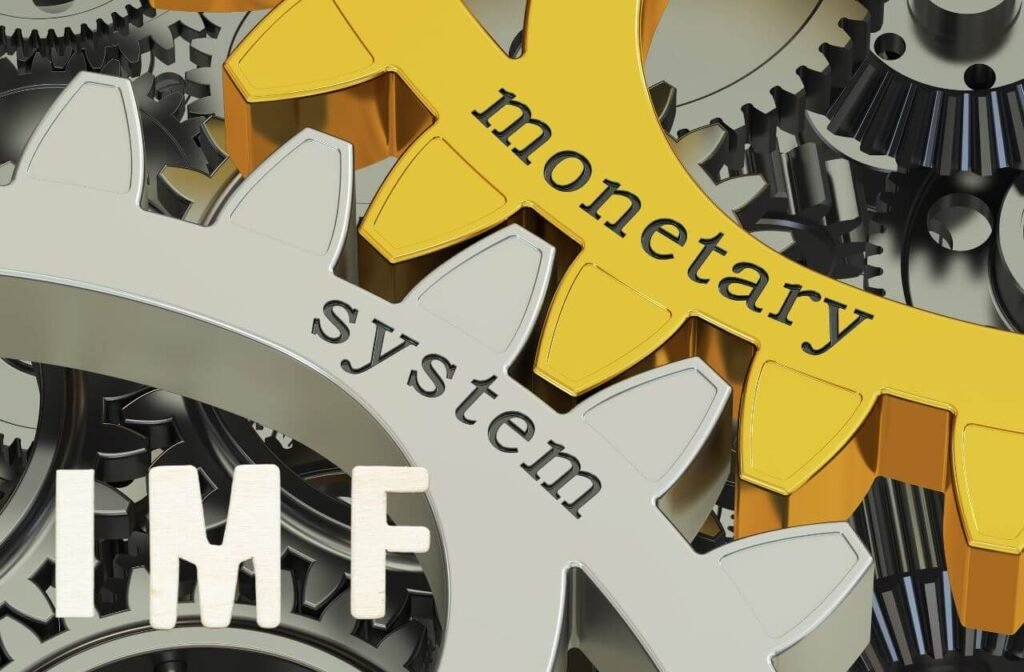According to recent reports from the International Monetary Fund (IMF), World Bank, and rating agencies, the winds of a global recession seem to be calming. This news brings a sigh of relief to a world economy still recovering from the pandemic. However, the fight is far from over, as inflation remains a significant threat to financial stability.

While the immediate danger of a widespread recession appears to be receding, a slowdown is still on the cards for many countries. The IMF, World Bank, and rating agencies all predict a decrease in global growth this year. Factors such as ongoing geopolitical tensions, financial stress, and persistent inflation are cited as key risks that could hinder economic progress.
The primary concern now shifts to tackling inflation, which has been steadily rising across the globe. Central banks are under immense pressure to find the right balance – curb inflation without triggering a recession. This delicate act will involve raising interest rates, a move that can slow economic activity but is necessary to bring down inflation.
Investors are keeping a close eye on central bank actions. The outcome of these actions will significantly impact financial markets and investment decisions. If central banks are successful in controlling inflation without derailing economic growth, it could pave the way for a period of stability. However, if they overshoot or undershoot their target, it could lead to market volatility and economic hardship.
The global economic outlook remains clouded by uncertainty.
While the recession scare has subsided, inflation casts a long shadow. The coming months will be crucial as central banks navigate this complex economic landscape. Investors should stay informed about central bank decisions and adjust their investment strategies accordingly.




